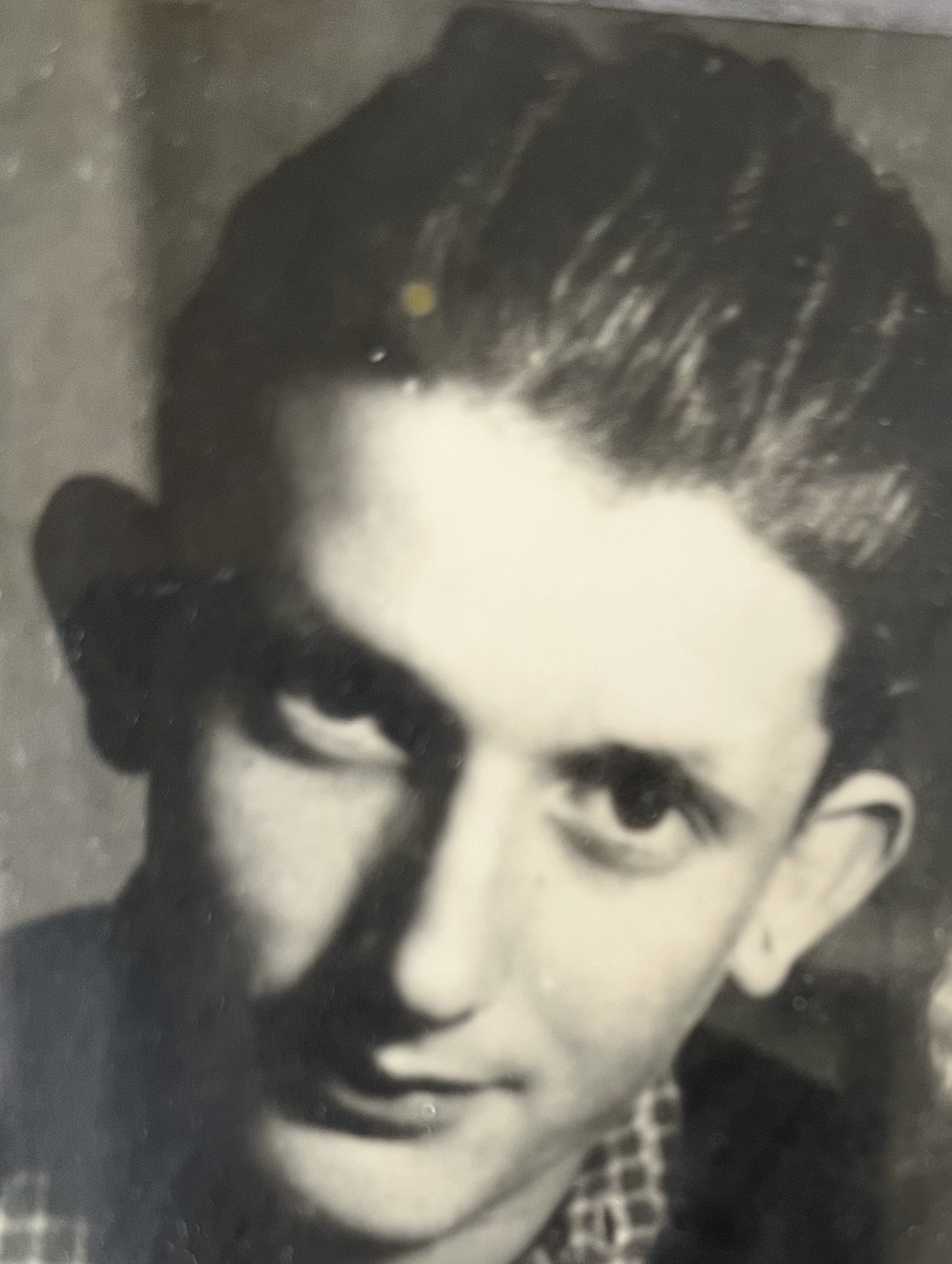The split between Judaism and the Catholic faith left me with severe trauma

Download image
Ladislav Welward does not remember a carefree childhood, as he was born on August 17, 1936, into the family of a Jewish doctor in Banská Štiavnica. Neither their conversion to the Catholic faith nor the fact that their father was a popular doctor, respected and committed citizen of the city, protected the family from the hardships of the Jewish population during the existence of the Slovak State. Despite the fact that in 1942 the family avoided deportation thanks to an exception, an anonymous denunciation in 1944 resulted in the father and mother being deported by the guards to the so-called gypsy camp in Dubnica nad Váhom, where the father was supposed to work as a doctor. The monument and his grandmother were hidden by a family friend. After the hiding place was revealed, his rescuer in disguise got him to his parents in the camp. Due to the spread of typhus, to which his father almost succumbed, the family was not deported to another concentration camp after the suppression of the SNP. This happened only at the end of the war, when they were escorted by guardsmen by train to Sered. After the war, his father began treatment in Dubnica nad Váhom, but he was drawn home to Štiavnica. They moved into their own house only when they finally managed to get rid of the arizators. After the war, he was one of 250 Czechoslovak children who, through the Red Cross, spent half a year in Swiss families to physically and mentally recover from the hardships of the war. His father died in 1949. The consequences of her poor cadre position soon hit his mother, and the only option was to work as a factory worker. Thanks to this, Ladislav acquired a working-class background, was able to graduate from the chemical industry and study in Bratislava at the Faculty of Chemical Technology of the Slovak University of Technology. During his studies and later during his professional life, he was protected by his classmate and friend, a high-ranking communist. After graduating, he worked as a scientific expert in the field of antibiotics at Biotika and the Research Institute of Pharmaceuticals in Slovenská Ľupča until his retirement. At the end of his life, he was actively involved in preserving the memory of the Jewish citizens of Banská Štiavnica and in promoting the necessity of tolerance.



















